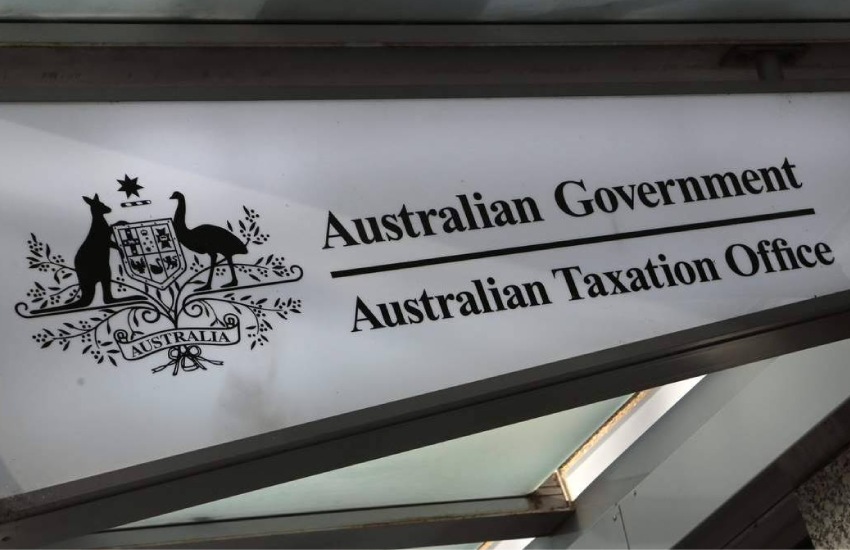In November 2017, the government introduced new rules around tax deductions for travel expenses associated with residential property investments, and restriction of deductions for depreciation of items in residential rental properties, with a retrospective application from 1 July 2017.
“We are still receiving tax returns from some tax agents where travel to residential rental properties has been incorrectly included,” the ATO said in an online update.
You’re out of free articles for this month
“Remember, from 1 July 2017 your clients can no longer claim travel expenses related to inspecting, maintaining or collecting rent for a residential rental property, unless they are an excluded entity.
“If we have already processed your client’s return and it included incorrect rental property travel claims, you will need to lodge an amendment.”
H&R Block director of tax communications Mark Chapman had earlier told Accountants Daily that the changes have been a “hot issue” for clients, with most of them oblivious to the new law.
Mr Chapman also noted that there might be confusion on the ability to claim travel on tax forms because the box still exists on returns.
“Some additional confusion’s been caused, particularly in relation to the travel, because if you actually look at the tax return, there is still a box there where you can claim travel, even though the law says you can’t, and I think that has tripped up some people,” Mr Chapman said.
Rental property deductions have been a key item on the ATO’s radar, with Commissioner Chris Jordan claiming that the agency’s audits of over 300 rental property claims found errors in almost nine out of 10 returns.
“We’re seeing incorrect interest claims for the entire investment loan where it has been refinanced for private purposes, incorrect classification of capital works as repairs and maintenance, and taxpayers not apportioning deductions for holiday homes when they are not genuinely available for rent,” Mr Jordan said.
“And when you consider that rentals include over 2.1 million taxpayers claiming $47.4 billion in deductions, against $44.1 billion in reported income, you can get a sense of the potential revenue at risk.”
This email address is being protected from spambots. You need JavaScript enabled to view it.
Jotham Lian
AUTHOR
Jotham Lian is the editor of Accountants Daily, the leading source of breaking news, analysis and insight for Australian accounting professionals.
Before joining the team in 2017, Jotham wrote for a range of national mastheads including the Sydney Morning Herald, and Channel NewsAsia.
You can email Jotham at: This email address is being protected from spambots. You need JavaScript enabled to view it.

 Login
Login







